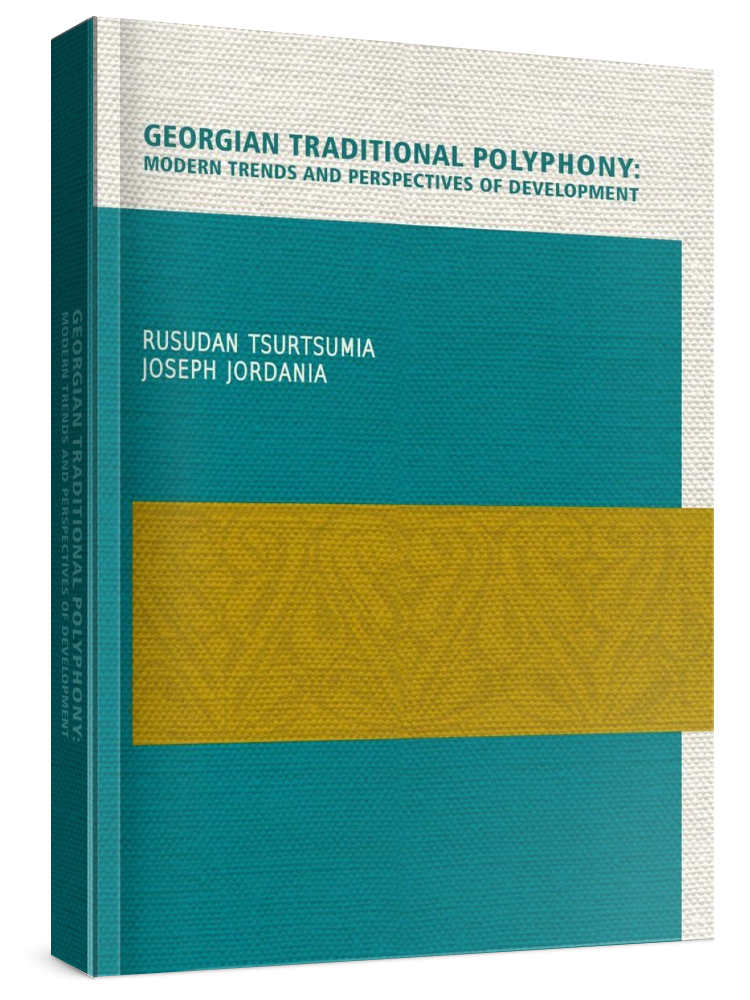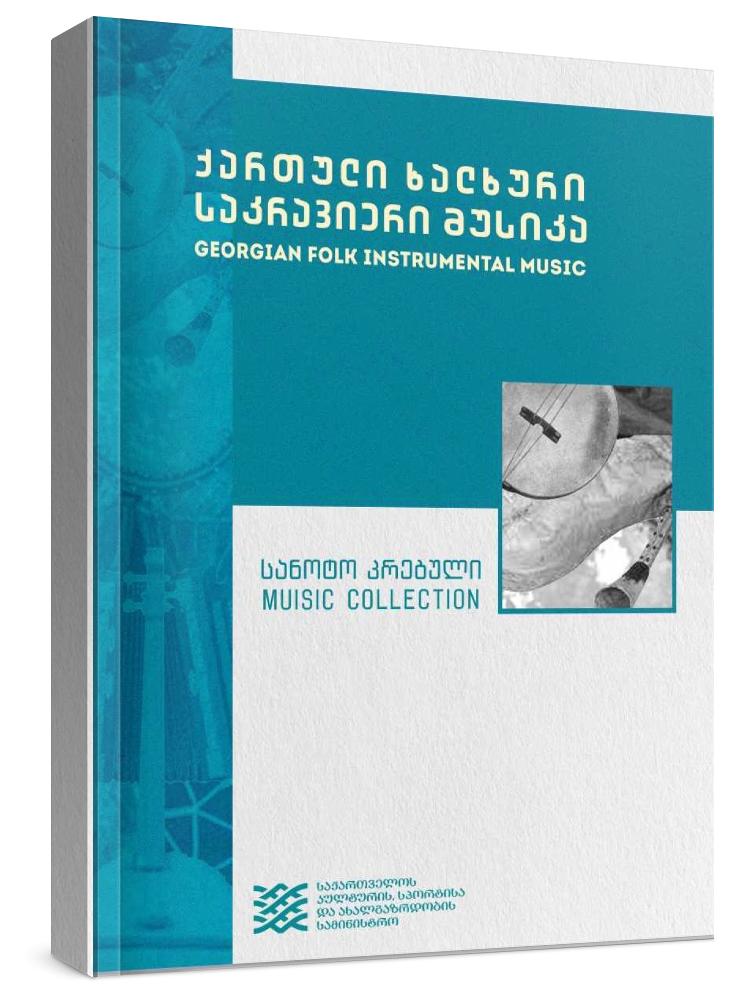The collection Georgian Traditional Polyphony: Modern Trends and Perspectives of Development is compiled by Georgian and foreign scholars using articles written for a project sponsored by the Ministry of Culture, Sports, and Youth of Georgia in 2022. Giorgi Donadze, head of the Anzor Erkomaishvili Folklore State Center and project director, proposed a partnership in implementing the project’s academic portion to Tbilisi State Conservatoire International Research Center for Traditional Polyphony, for whom it was a great honor to participate in such an important project for Georgian culture. The project consisted of two parts – some Georgian and foreign authors were selected in 2022, the studies of whom were included in the present collection. Unfortunately, the project format did not allow for all foreign scholars working on the theoretical, as well as practical aspects of Georgian polyphony to be shown. Clearly, Georgian ethnomusicologists are also not fully represented. It is impossible to cover all the problems modernity has thrown before Georgian traditional polyphony in a single collection. The present book introduces English-language readers to the views of article authors regarding the various challenges in Georgian ethnomusicology: Rusudan Tsurtsumia’s and Tamar Chkheidze’s (Georgia) article is devoted to the role of institutions in the safekeeping of Georgian traditional polyphony; articles by David Shugliashvili, Sandro Natadze, and Nino Nakashidze (Georgia) are presented on archival material dealing with Georgian traditional polyphony; the internationalization process in the study of Georgian polyphony is examined in Joseph Jordania’s (Australia/Georgia) extensive essay; whereas the same process in performance is seen through the eyes of foreign ethnomusicologist Caroline Bithell (Great Britain). Some methods for teaching Georgian singing and chanting to foreigners are discussed in articles by Polo Vallejo (Spain), Frank Kane (France), Carl Linich (USA), John Graham (USA/Georgia), and Nino Naneishvili (Georgia); some studies by Andrea Kuzmich, a Ukrainian scholar living in Canada, and by Georgian ethnomusicologists Baia Zhuzhunadze, Maka Khardziani, and Teona Rukhadze are devoted to the problems of identity retention among migrants. The developmental trends of Georgian traditional polyphony in modern musical life are discussed in essays from Tamaz Gabisonia, Sopiko Kontrikadze, Teona Lomsadze (Georgia), and Nino Tsitsishvili (Australia/Georgia); whereas an article by Matthew Knight (Canada) is presented on Georgian polyphony as a cultural tourism product. We would especially single out a relatively new field for Georgian ethnomusicologists – computational ethnomusicology – pioneered and masterminded by the German scientist Frank Scherbaum and the research group he has put together, including Georgian ethnomusicologist Nana Mzhavanadze. It is possible for the views expressed by some authors to be debatable, but we think, in all, the collection represents honest perspectives on traditional Georgian music as one of the unique phenomena of world music by Georgian, as well as foreign scholars
Please fill all inputs to proceed to buy
×

0 ₾
Buy - 0 Gel 





